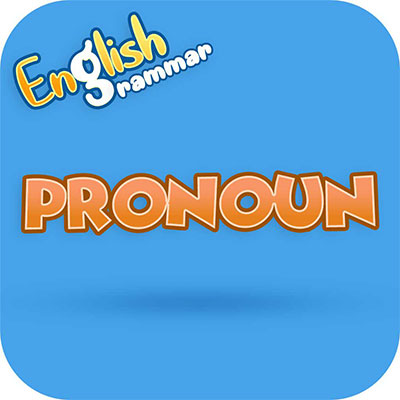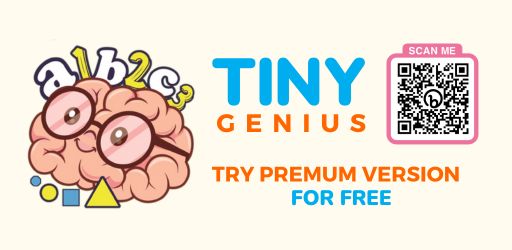Future of Education: Significant Changes We Are Going to Face in the Next Decade
There are a lot of factors that influence how the education sector will look in the next 20 years. Paradigm shifts, technological advancements, and unprecedented global forces are some of the factors that have the potential of transforming the education sector. While no one can accurately predict how the future will be, analyzing the present moment and understanding how education has evolved over the years will enable you to have an idea of what the future will look like. For educators to thrive in the future, they’ll have to be collaborative, creative, entrepreneurial, and innovative. On the other hand, learners will be confident, tech-savvy, demanding, and focused. Learning things and thinking of what you can do to prepare for your future is the first step to becoming a success. Here are a few important areas that learning institutions should focus on to thrive in the future.
1. Personalization and customization
Modern learners enjoy using technological gadgets. They are used to getting the information they need instantly and interacting with their friends with a click of a button. In the future, every student will want to learn with CustomWriting plagiarism in a personalized and flexible format to write good essays. For most of these students, this means a classroom that prioritizes the use of technology. Students will demand a learning experience that meets their academic needs, interests, and time constraints.
2. Student ownership
Apart from personalization, students want to have a say in their education. Nowadays, only a handful of learners enjoy listening to a lecture for hours. Since higher levels of learning and thinking demand student ownership, education will be project-based. Learning institutions will need to allow learners to decide what they’ll learn, their learning methods, and the projects that they’ll participate in.
3. Improved curricula
Apart from having additional models that are project-based, learning institutions will have to examine their main curriculum. Contrary to education traditions that revolve around Math, English, Science, reading research papers examples, essays and Social Studies, tutors will have to redesign courses and curricula to reflect the skills that are required by emerging technologies and economies. Skills like design, coding, financial literacy, and sustainability will have to be included in the school curriculum.
4. Innovative learning environment
Schools have to rethink the learning environment that they provide to suit their students’ needs better. The environment has to be conducive to creativity and innovation. To do this effectively, they have to find out the places where people go to enhance their creativity. For instance, coffee shops are common places that most people visit to work on projects that demand creativity or preparation for upcoming tests. Classrooms need to be comfortable, flexible, social, and interactive to promote students’ creativity and innovation.
5. Interconnectivity
In the next few years to come, college students will expect a mentoring relationship from their tutors. This is not usual in our learning institutions today. Since millions of students will be learning remotely using technological gadgets such as smartphones, computers, and tablets, future tutors will need to embrace different ways of connecting and engaging with students such as online communities, social media, Twitter chats, and Google Hangouts to name a few.
6. Technology
Most learning institutions today have at least one-to-one devices. Others are investing heavily in this sector to accommodate as many students as they can. One of the biggest challenges that relate to learners of the future is the extensive use of technology. Looking at technology as a tool to administer tests and grade students is not enough. At the moment, most tutors frown upon students who use smartphones and social media in class. In a few years to come, modern technology will be used in class to complement lessons.

Improve your child's knowledge about English Grammar Pronoun!
English Grammar Pronoun Quiz is an educational app for the kids to learn about the English grammar pronouns by taking the quizzes and the app will test their knowledge.
What future generations should expect
Learners in classrooms of the future can look forward to studying with amazing resources like robotic kits that tutors will use to teach a wide range of subjects including coding. Tutors are getting tired of traditional standardized frameworks of testing. Today, digital testing is becoming an empowering resource that enables educators to track learning and student performance. Further, learning institutions are leveraging artificial intelligence to develop personalized learning solutions based on tested results.
Another emerging concept in the education sector is crowdsourced tutoring. This practice is still in its infancy. Focus and behavioral help will play an important role in promoting student success. Technological advancements promise to help tutors improve academic outcomes for learners with autism spectrum disorders. At the moment, technology is in demand to promote learning outcomes and guarantee that everyone gets a quality future education.
Conclusion
The future of education is bright. Technology is going to transform the education sector in a couple of years to come. We’ve already witnessed its potential during the pandemic. Preparing for the future by creating solid plans will help both learning institutions and college students achieve their goals.









